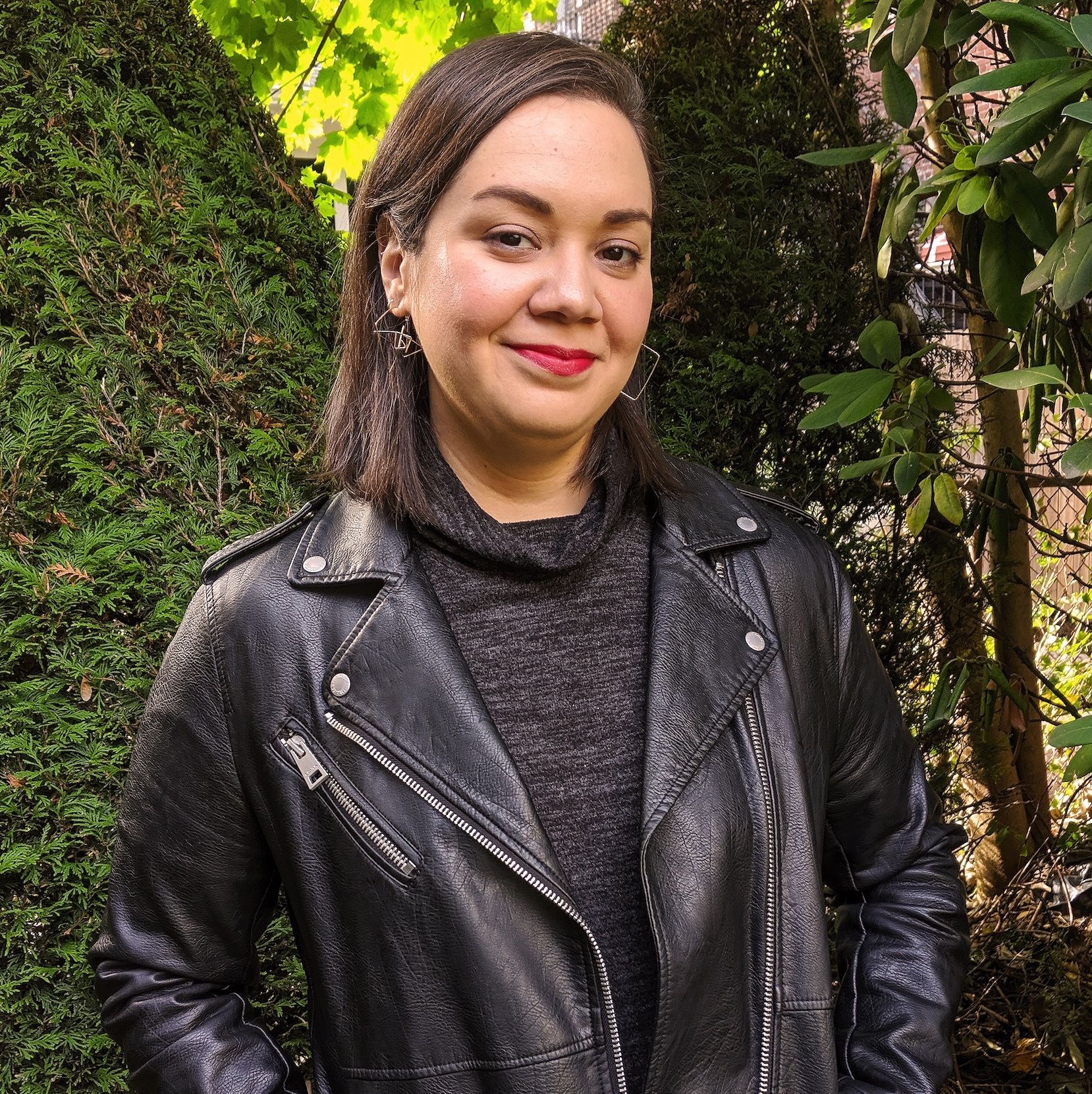'Handmaid's Tale' Stars Alexis Bledel and Elisabeth Moss Have Some Thoughts About How to Survive in a Horrible World
Courtesy of their characters.
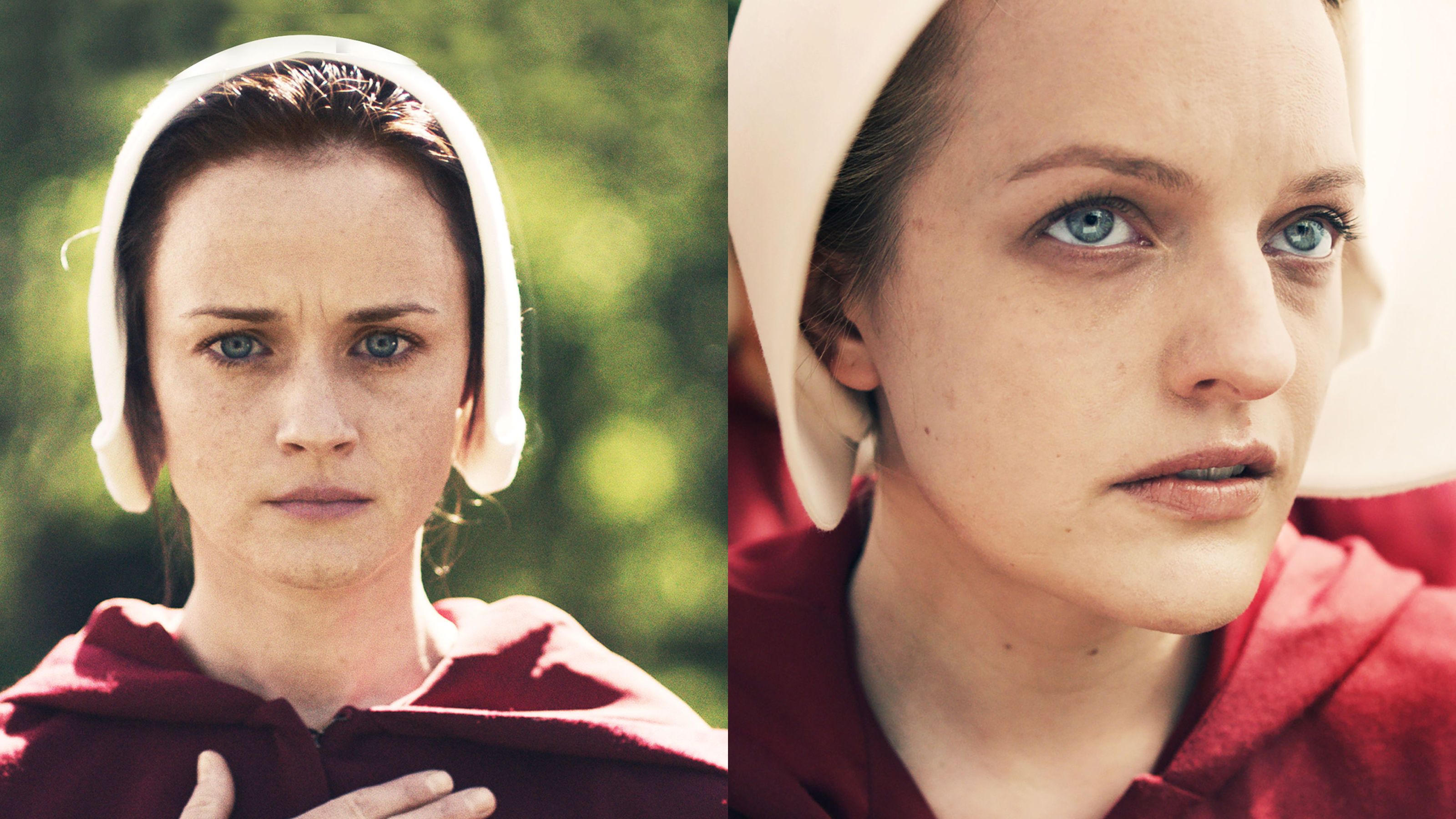
Hulu's new series The Handmaid's Tale, based on the Margaret Atwood novel, depicts present-day America as a nightmare—see: coup d'état, theocracy, zero human rights—and its stars, Elisabeth Moss and Alexis Bledel, aren't taking it lying down.
Here, their take on an all-too-familiar dystopia.
Marie Claire: Let's start with the hellish future your characters inhabit.
Elisabeth Moss: It's a dystopian present, actually. A fundamentalist regime, called Gilead, has taken over the U.S. and is basically running things according to certain scriptures in the Bible. I play Offred, who is a "handmaid," a fertile woman who's been captured and sort of enslaved to be a breeder. [American women are victim to rampant infertility in Gilead.] Married couples who cannot have their own child get a handmaid. We have sex with the husband, while the wife is present, and hopefully get pregnant. And each handmaid has a partner—mine is Ofglen [played by Alexis Bledel]—because we're not trusted to leave the house by ourselves.
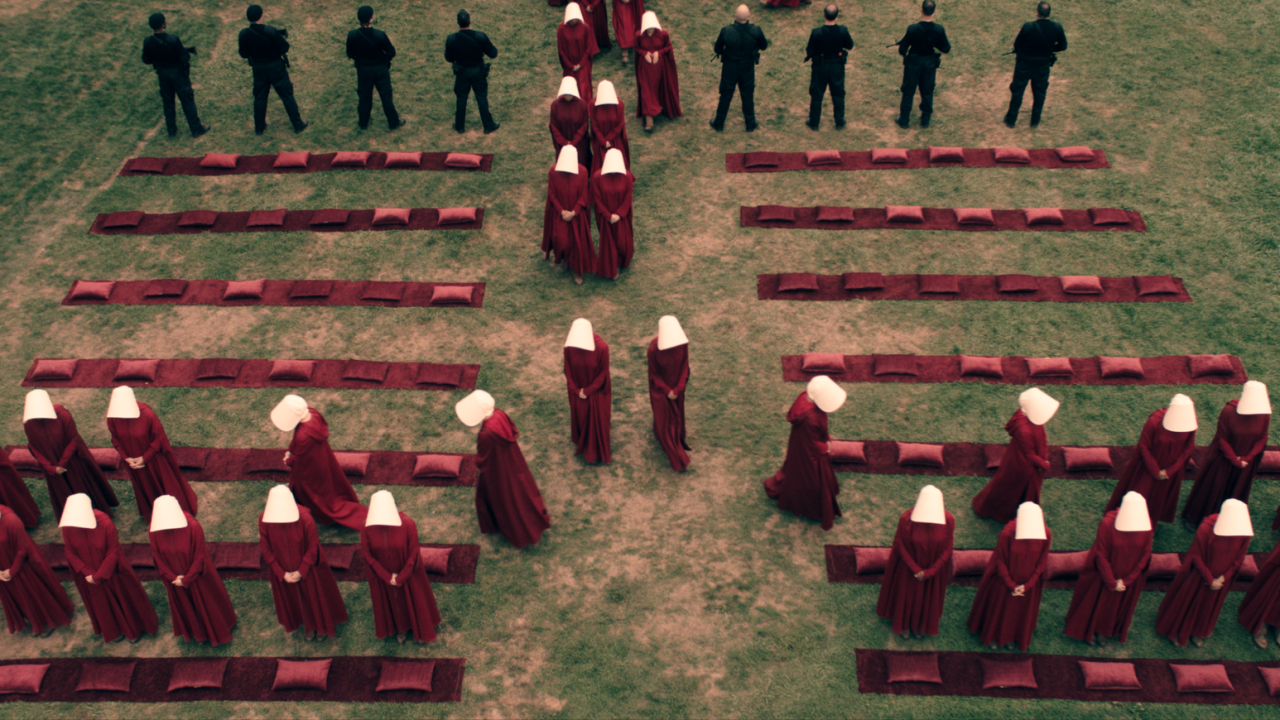
MC: How can Offred and Ofglen build any kind of friendship with so much distrust?
Alexis Bledel: The tension that charges every scene, because we're being policed everywhere we go, is the constant threat of being punished. That really influences the way that the handmaids speak to one another and what they are able to talk about. Those conversations are so loaded and they have to be so careful, and the fact that they break through to actually open up to one another is really telling about both characters.
MC: Offred and Ofglen share this intense yet quiet, almost invisible, strength. How do you survive in a world that is so horrible?
EM: That's what we do as humans. In the darkest of times, we find something we can believe in, and we find some light.
Stay In The Know
Get exclusive access to fashion and beauty trends, hot-off-the-press celebrity news, and more.
"In the darkest of times, we find something we can believe in, and we find some light."
AB: Ofglen is definitely somebody who fights back. So many of the handmaids do in small ways every day, which is inspiring. Ofglen just decides to take it many steps further.
EM: It was important to me to play Offred as you or I or any woman who'd find herself in Gilead. She's a heroine, but she's a normal person. She isn't somebody you would believe could escape from this world, you know? She finds ways to survive that are very human. Over and over again throughout the season, Offred finds herself totally alone, but she still finds one person she can help or save. Margaret Atwood writes, "You can mean more than one. You can mean thousands." In the end, we're individuals, but grouped together, we can be thousands.
This article appears in the April issue of Marie Claire, on newsstands now.
As deputy editor, Jen oversees Cosmopolitan's daily digital editorial operations, editing and writing features, essays, news, and other content, in addition to editing the magazine's cover stories, astrology pages, and more. Previously, Jen was a senior editor at Marie Claire. Before that, she worked at GQ.
-
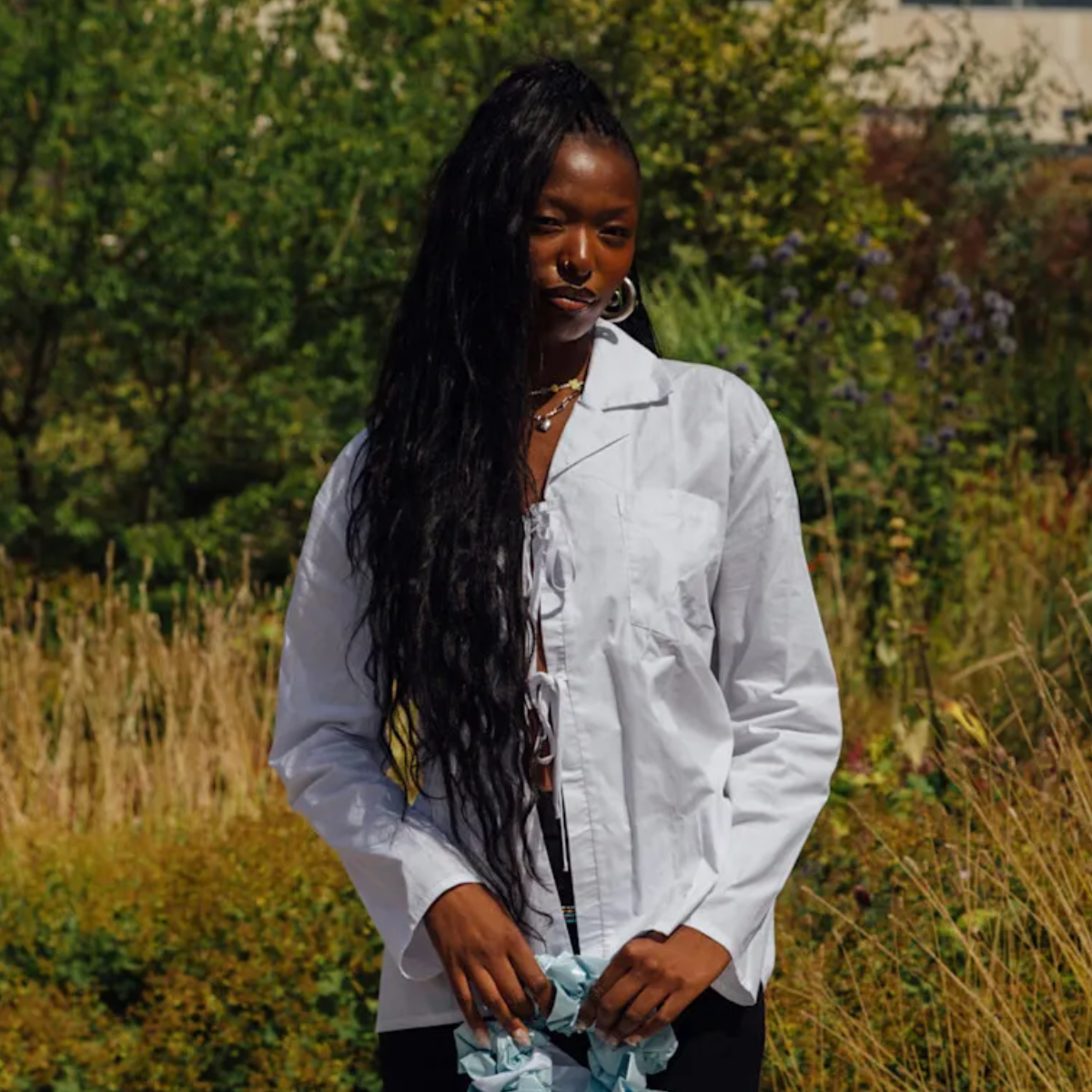 I Used Nordstrom’s Sale Section to Craft 7 Perfect Summer Outfits
I Used Nordstrom’s Sale Section to Craft 7 Perfect Summer OutfitsThese are formulas you can rely on.
By Brooke Knappenberger
-
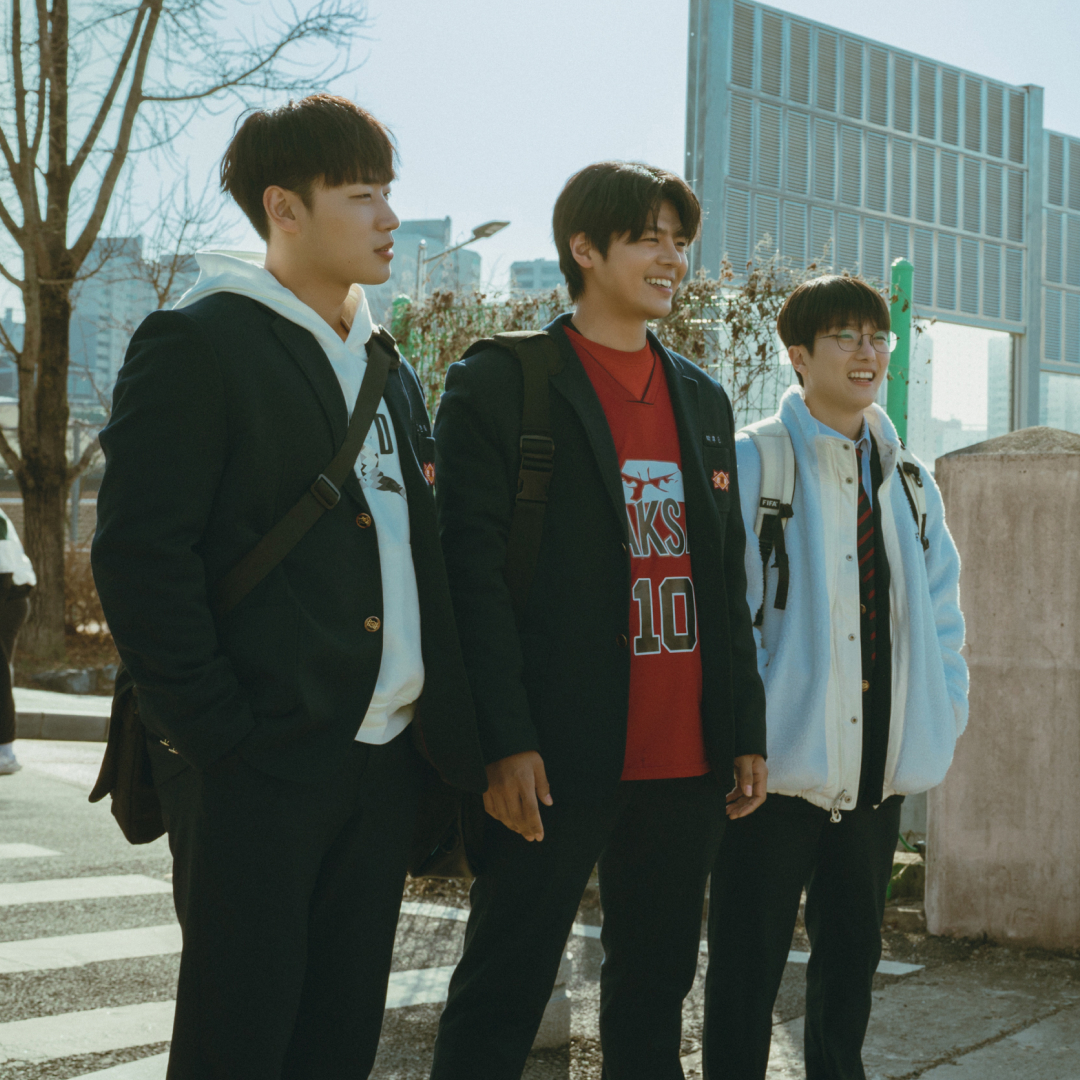 Your Syllabus Guide to the 'Weak Hero Class 2' Cast—Meet the Rising K-Drama Stars Playing the Students of Eunjang High
Your Syllabus Guide to the 'Weak Hero Class 2' Cast—Meet the Rising K-Drama Stars Playing the Students of Eunjang HighSo many exciting names join Park Ji-hoon in the second season of the Netflix hit.
By Quinci LeGardye
-
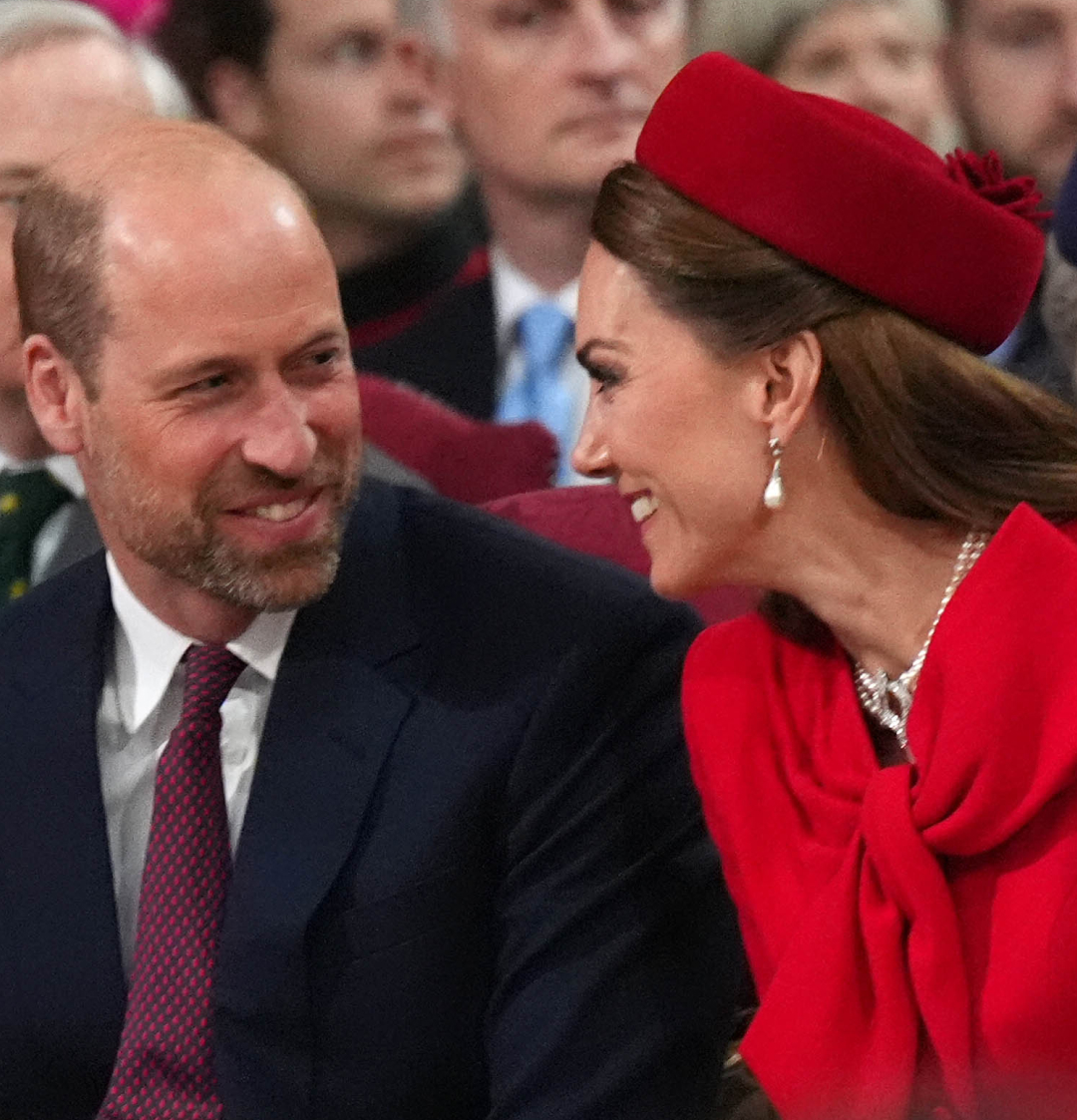 Prince William and Kate Middleton "Continue to Push Boundaries"
Prince William and Kate Middleton "Continue to Push Boundaries""They definitely have a different dynamic compared to other royal couples."
By Kristin Contino
-
 The Stars of 'Love Island USA' Season 6 Will Return to Our Screens This Summer
The Stars of 'Love Island USA' Season 6 Will Return to Our Screens This SummerWe're already clearing our summer schedules for 'Love Island: Beyond the Villa.'
By Quinci LeGardye
-
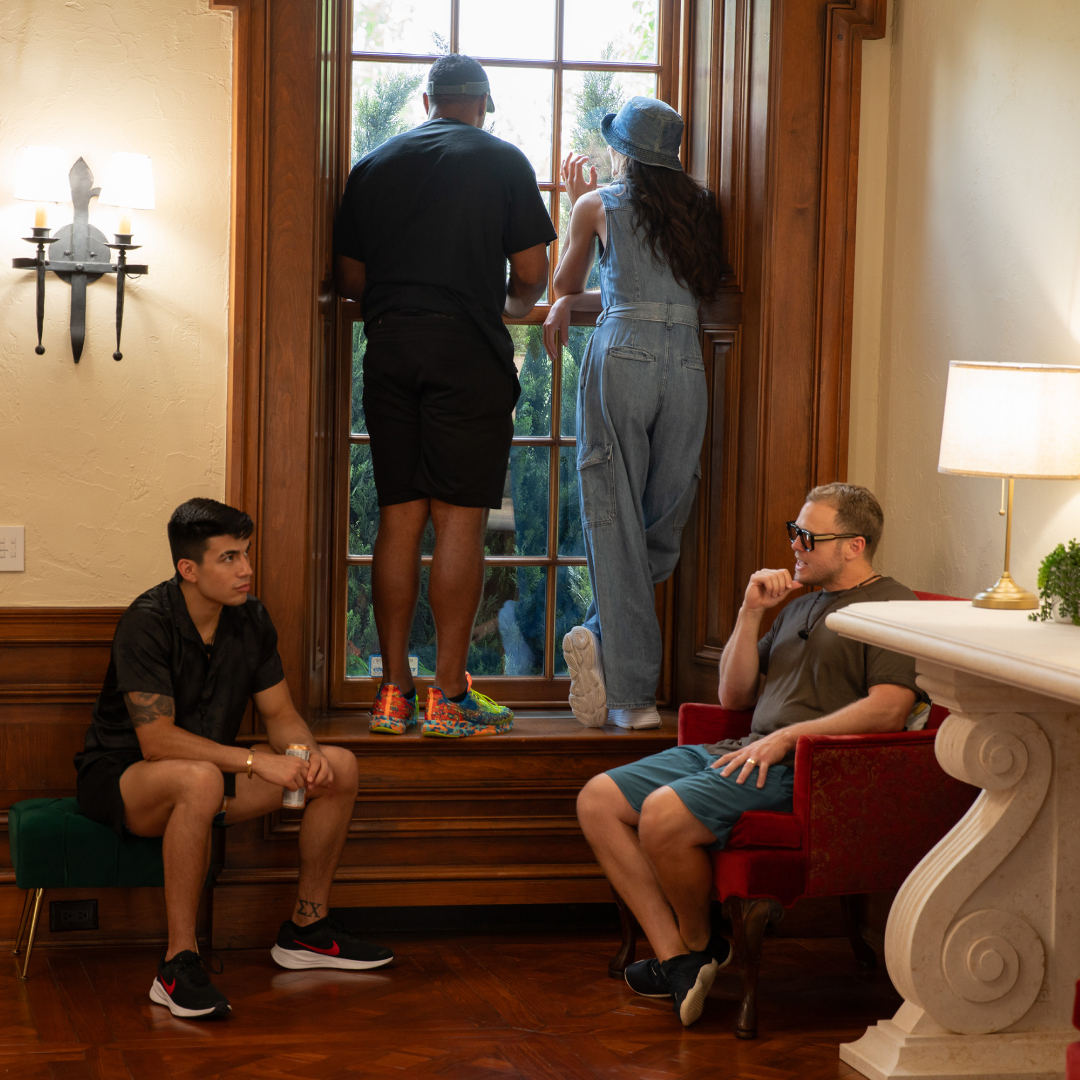 Where Is 'Got to Get Out' Filmed? What to Know About the 80-Acre Luxury Estate in the Hulu Reality Show
Where Is 'Got to Get Out' Filmed? What to Know About the 80-Acre Luxury Estate in the Hulu Reality ShowA new competition series's eyecandy filming location has entered the chat.
By Quinci LeGardye
-
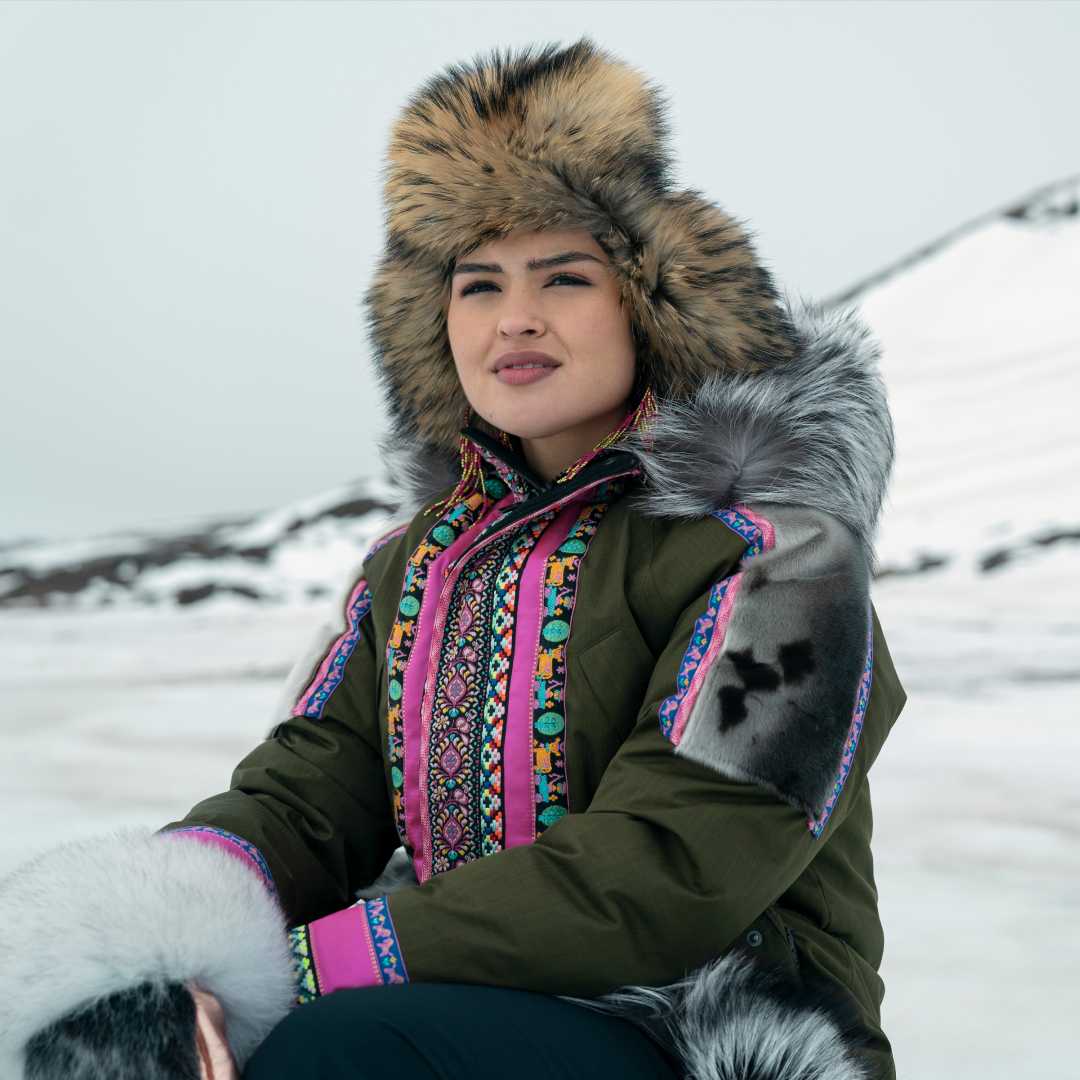 What to Know About the 'North of North' Cast
What to Know About the 'North of North' CastThe new comedy follows a modern Inuk woman determined to transform her life.
By Quinci LeGardye
-
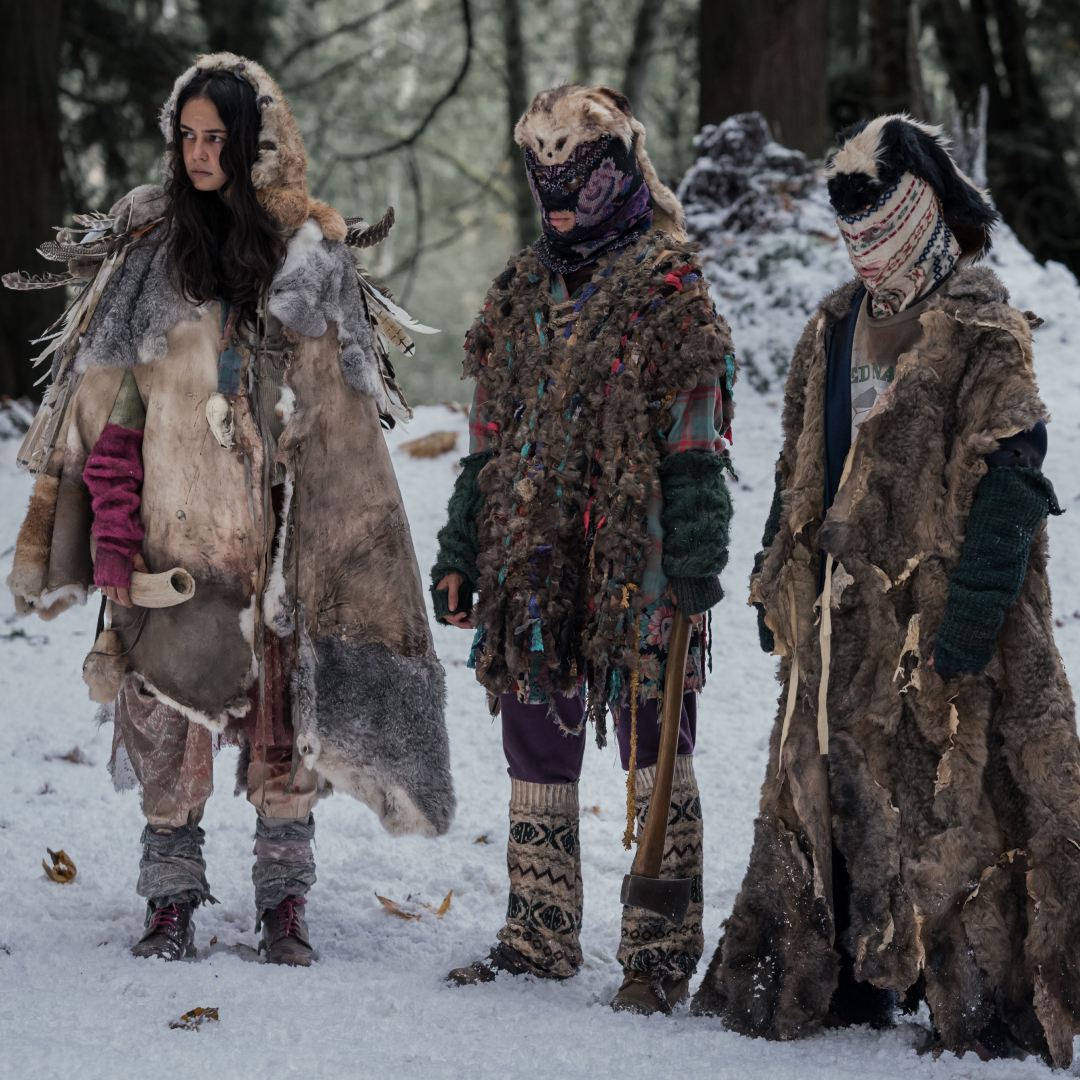 'Yellowjackets' Season 4: Everything We Know
'Yellowjackets' Season 4: Everything We KnowThe showrunners still have plans to show how the girls get out of the wilderness.
By Quinci LeGardye
-
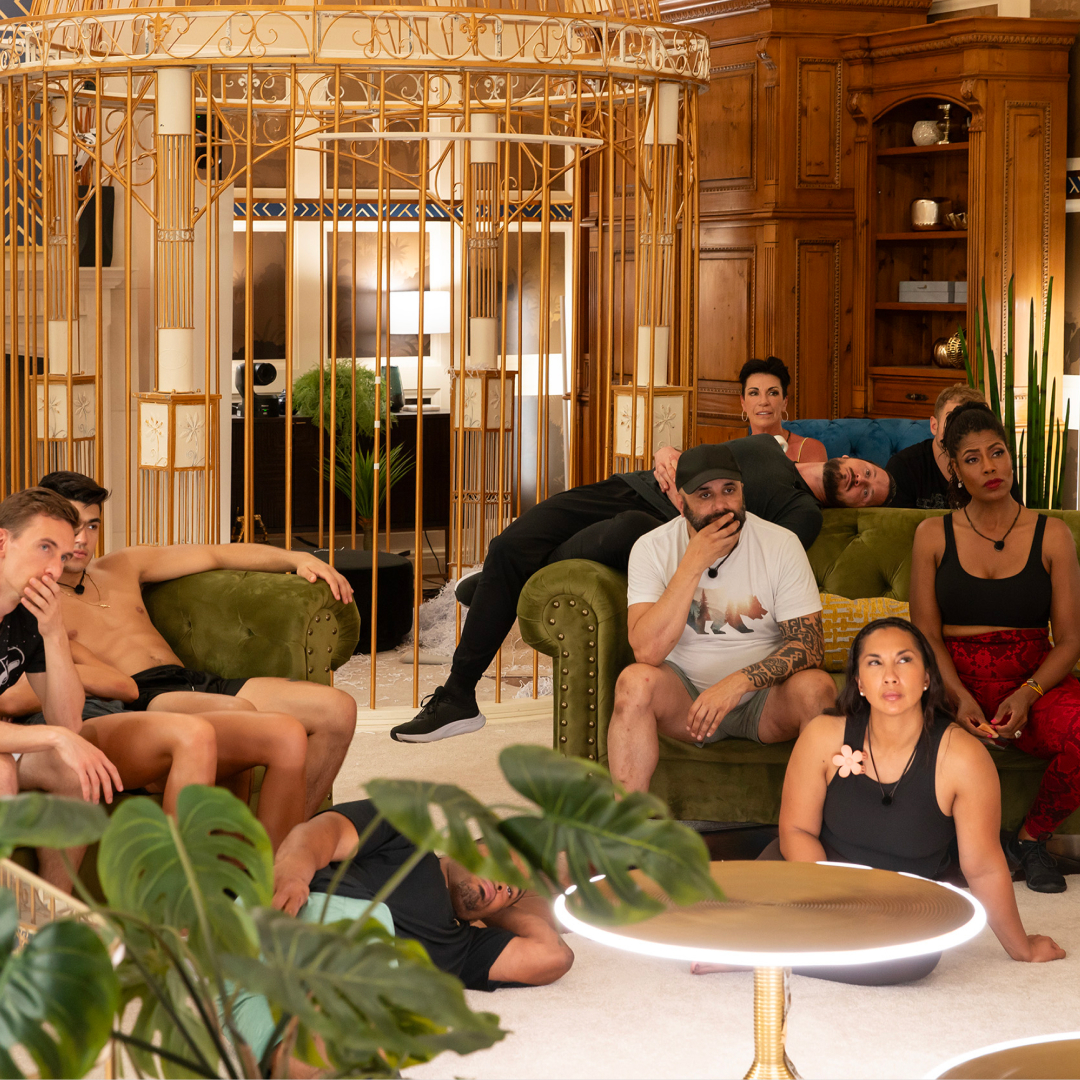 Meet the Cast of Hulu's New Reality Show 'Got to Get Out
Meet the Cast of Hulu's New Reality Show 'Got to Get OutHulu's answer to 'The Traitors' is here.
By Quinci LeGardye
-
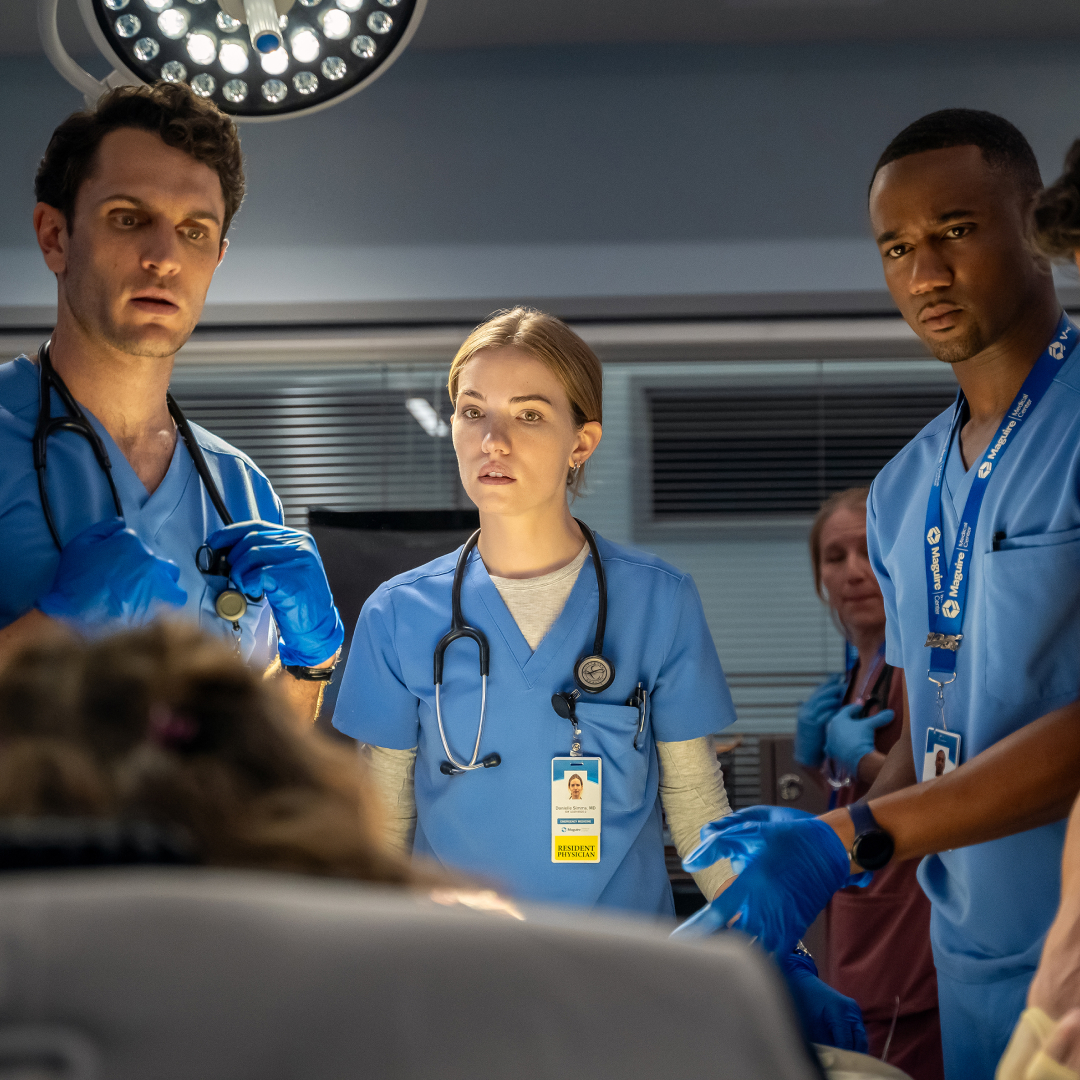 'Pulse' Season 2: Everything We Know
'Pulse' Season 2: Everything We KnowWe need to know about the future of the central will-they-won't-they STAT.
By Quinci LeGardye
-
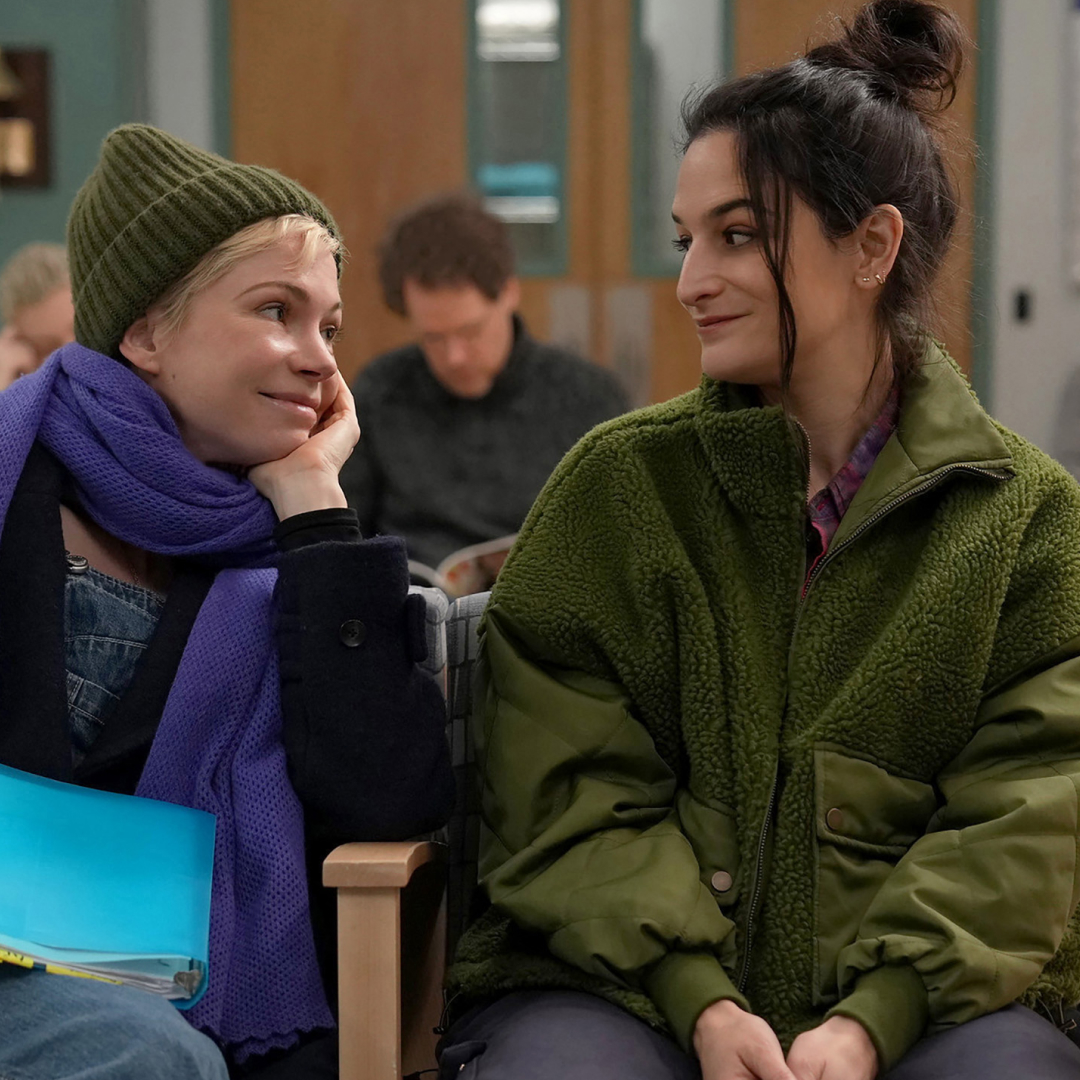 'Dying for Sex' Brought Jenny Slate to Life
'Dying for Sex' Brought Jenny Slate to LifeThe actress shares why playing Nikki in FX on Hulu's female friendship dramedy has felt like a life-changing part.
By Sadie Bell
-
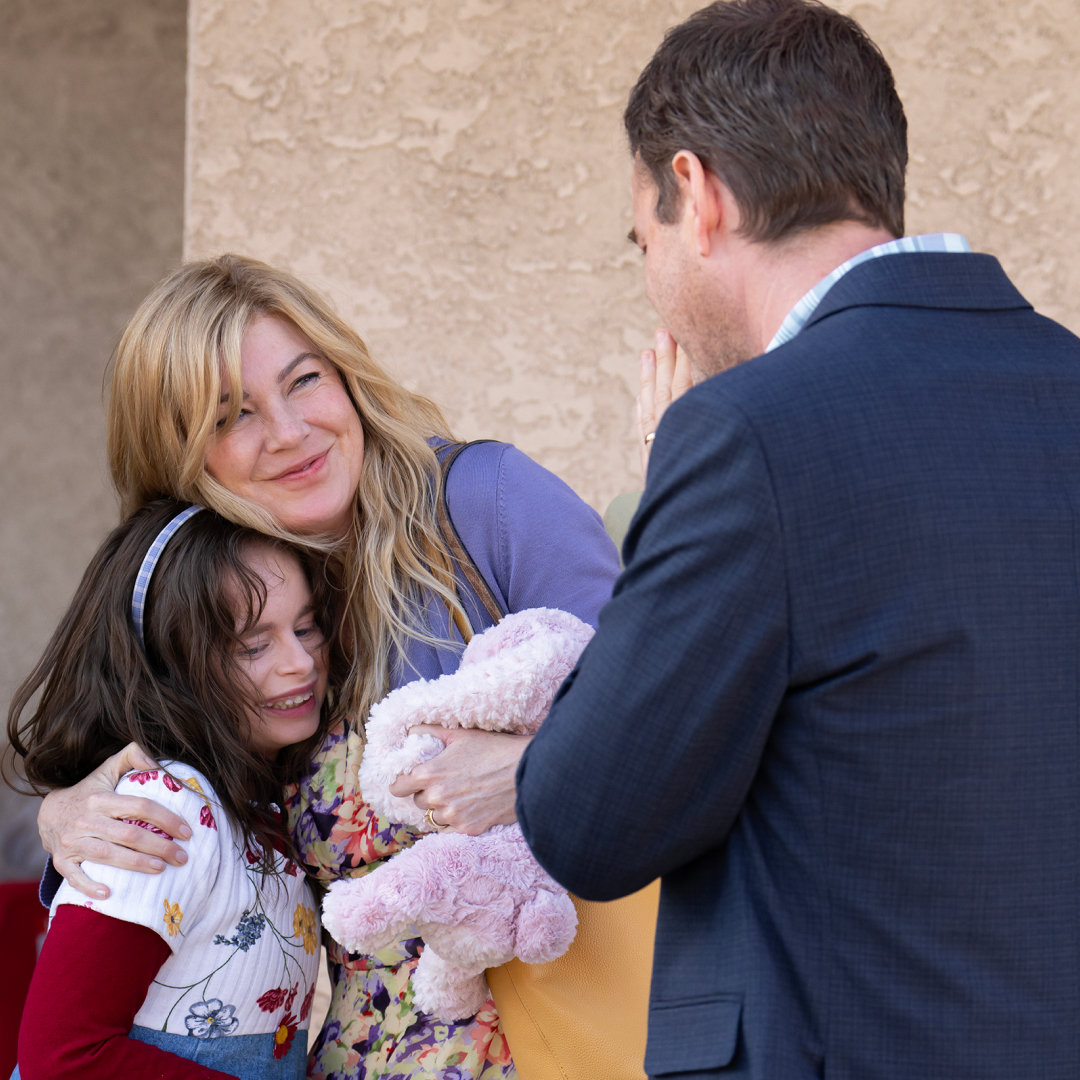 Is 'Good American Family' Based on a True Story? What to Know About Natalia Grace and the Barnett Family
Is 'Good American Family' Based on a True Story? What to Know About Natalia Grace and the Barnett FamilyThe Ellen Pompeo-led Hulu series explores one of the most sensationalized cases in recent years.
By Radhika Menon
